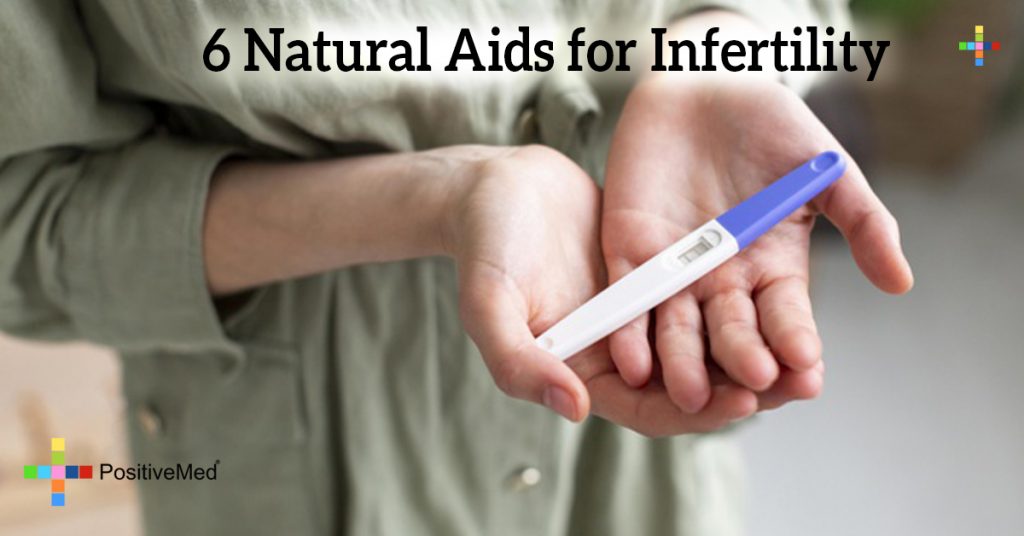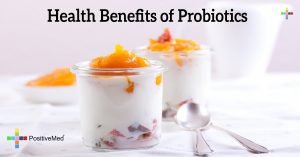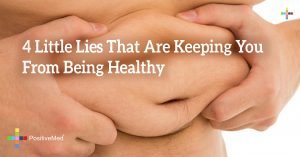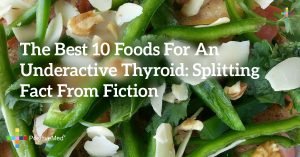
Infertility is defined as the inability to achieve a pregnancy after at least a year of trying. It affects more than 20% of North American couples. Experts cannot explain why the infertility rate has almost doubled in the last 25 years, but at least three factors stand out: the growing trend for couples to delay marriage and parenthood until their most fertile years are past, the rise in $e*u@lly transmitted diseases, and a puzzling drop in sperm production.
Many couples assume that infertility rests with the woman, in fact men are just likely to be infertile. In 40% of cases, the problem lies with the male, and in 40% of cases, with the female. The cause can’t be identified in the remaining 20%, or both partners may have contributing factors. While nutrition is not a leading cause of infertility, consuming a healthful diet enhances the chance of conceiving and delivering a healthy baby.
It is highly recommended to follow a balanced diet with plenty of fruits and vegetables, lean meat, fish or poultry, whole-grain breads, cereals, and grains, as well as low-fat dairy products. Limit coffee consumption and avoid alcohol and smoking.
• Sperm do poorly at temperatures over 96 °F (which is why the testes hang below the rest of the body to stay cooler.) Avoid elevated scrotal temperatures by wearing boxer shorts. Do not wear briefs, tight fitting underwear or jeans.
• Avoid hot tubs and rowing/ski machines, treadmills or jogging unless the testes can hang free.
• Avoid aspirin, Motrin or similar medications which block the hormone prostaglandin (prostaglandins in the seminal fluid may assist sperm.)
• Avoid melatonin, testosterone, Verapamil and Nifedipine (latter two are heart/blood pressure medications) which can cause reversible infertility.
• Increase liquid vegetable oils and avoid cottonseed oil (may contain gossypol which inhibits sperm function) palm or coconut oils, or trans, hydrogenated or saturated fats as able.
• Women should avoid lubricants such as FemGlide, Replens and Astroglide which can damage sperm.
Sources:
http://www.psychologytoday.com/blog/complementary-medicine/200809/cure-infertility-naturally
Food that Harms food that heal, An A-Z guide to safe and healthy eating, Metro Books, 2010.






